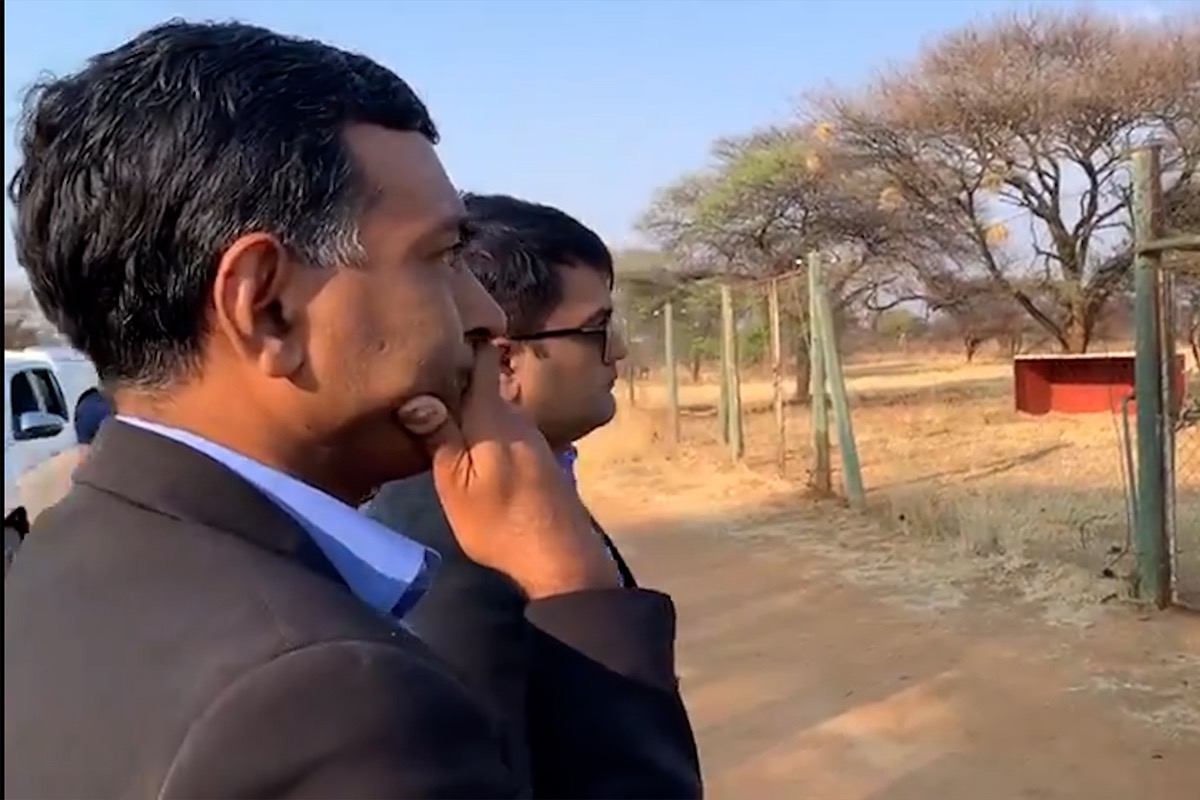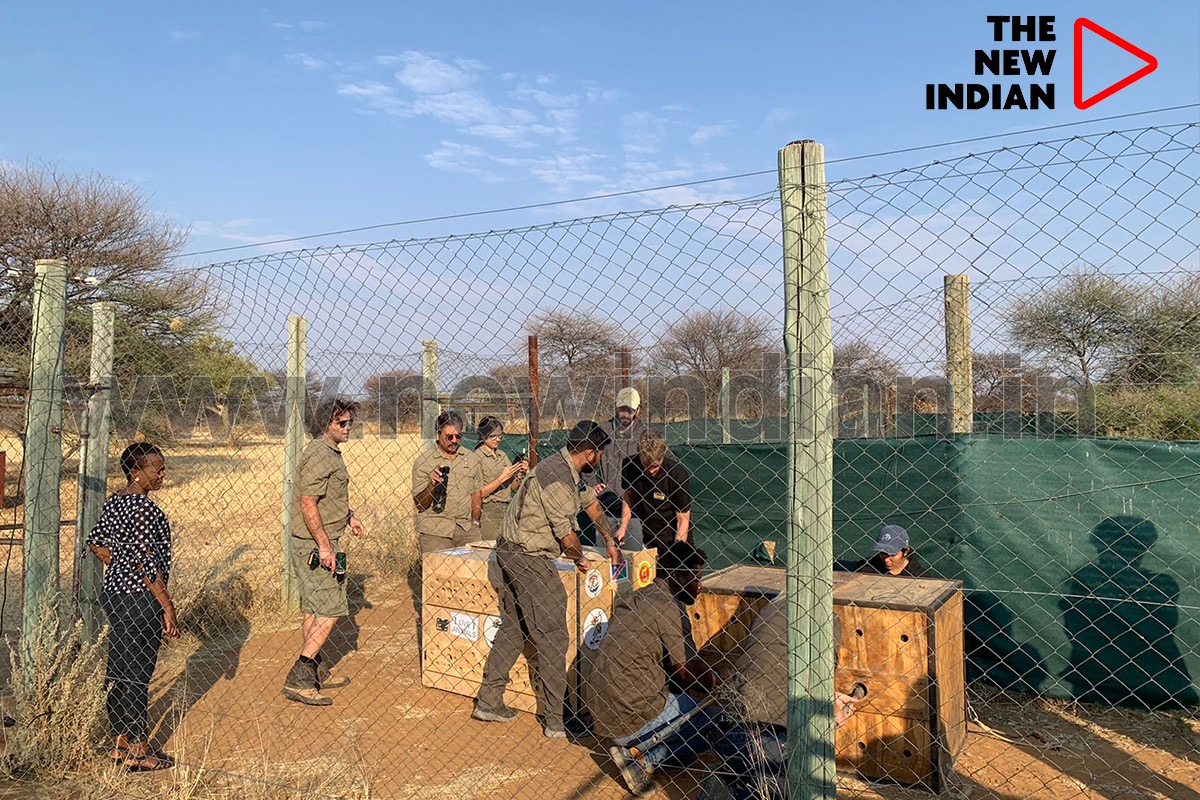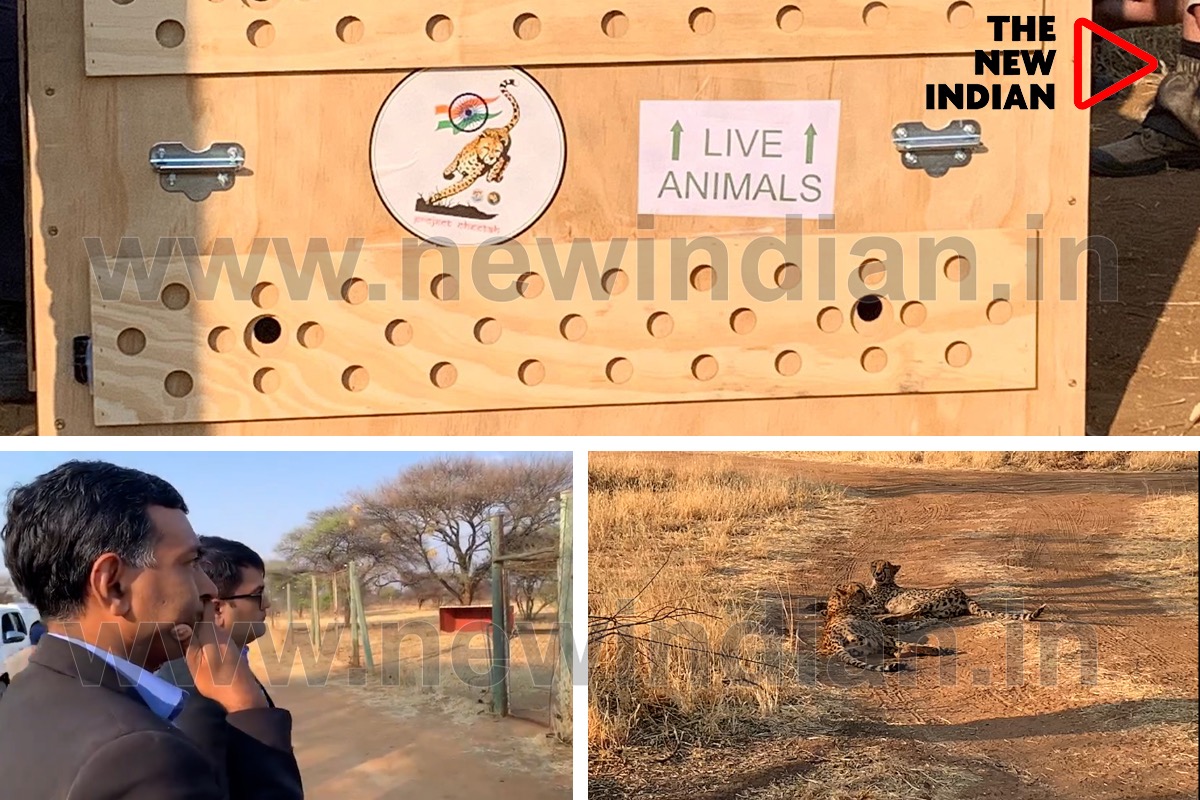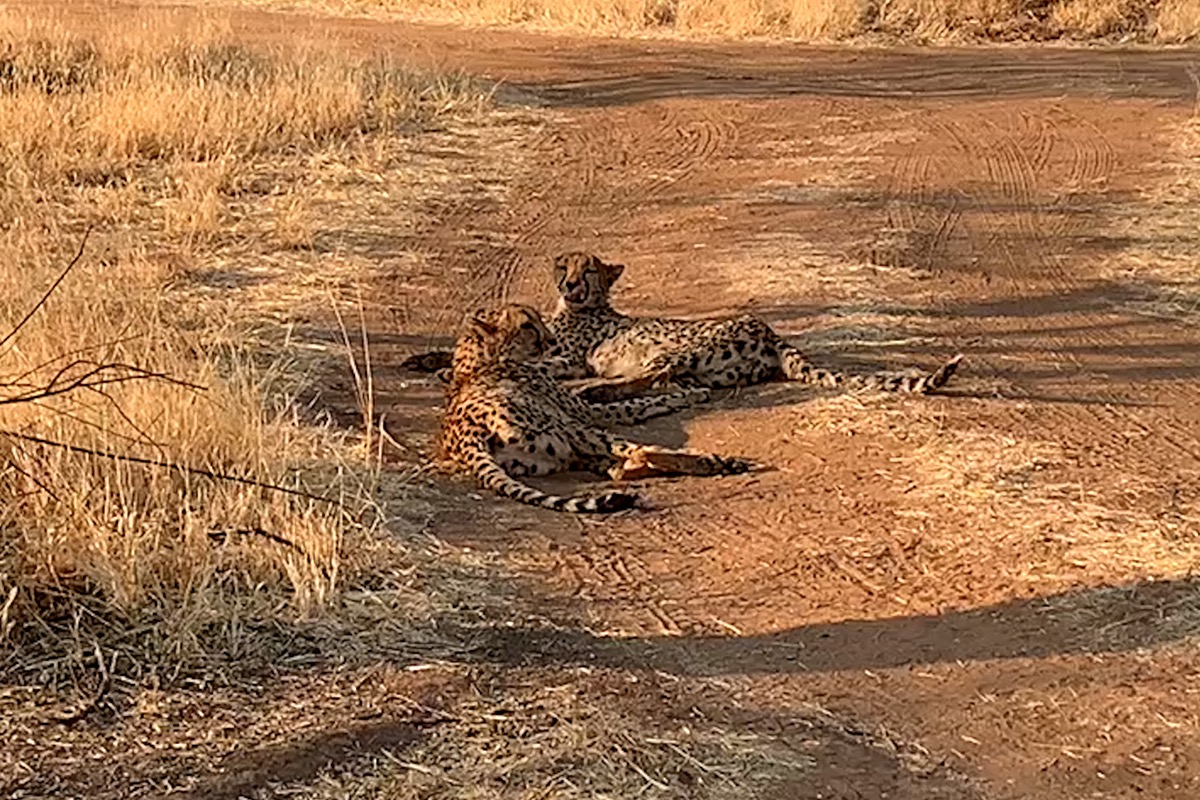Cheetahs, the world’s fastest mammals, are about to be reintroduced to the country, 70 years after they were formally declared extinct.
Five female and three male cheetahs will travel nonstop from Namibia to India on a customised Boeing 747 with eight cheetahs.
The Cheetahs will arrive in India on September 17 in the early morning. Kuno National Park will be their final home.
The national government is attempting to revitalise and diversify India’s fauna and environment with this action. The first transcontinental big carnivore translocation initiative, known as Project Cheetah, is responsible for the reintroduction of cheetahs.
Just 1⃣ Day to go…
The fastest sprinter on Earth 🐆will make a return to India tomorrow after 70 long years.#Cheetahs are coming…🇮🇳 pic.twitter.com/A53DdoEaay
— Bhupender Yadav (@byadavbjp) September 16, 2022
Project Cheetah was first suggested in 2009, but the Supreme Court only approved it in 2020. The Memorandum of Understanding (MoU) between India and Namibia was signed in July. There is still time to sign another one with South Africa. Following the signing, another group of roughly 12 African cheetahs would be transported to India.
Cheetahs are Coming!
On 17th September, Hon'ble PM Shri @narendramodi Ji will be releasing cheetahs into the Kuno National Park as an effort to bring Cheetahs back into the Indian Wildlife .
#CheetahIsBack pic.twitter.com/m6OgymRQW4
— Sambit Patra (@sambitswaraj) September 16, 2022
Till the park’s holding capacity is met and a founding population is formed, India intends to import at least 5–6 cheetahs annually. It is important to remember that the mission’s success won’t be known until after the animals have adapted to their new home, begun to hunt independently, and begun to reproduce.


The Kuno National Park is now in the midst of preparations. The personnel are already trained. For at least 30 days, the animals would be quarantined in compact enclosures. With nine distinct compartments, a 6 km 2 predator-proof holding capacity has already been prepared.
To guarantee complete surveillance, the cheetahs will be fitted with radio collars. Once they are out of their cages, they will also be subject to physical surveillance.












